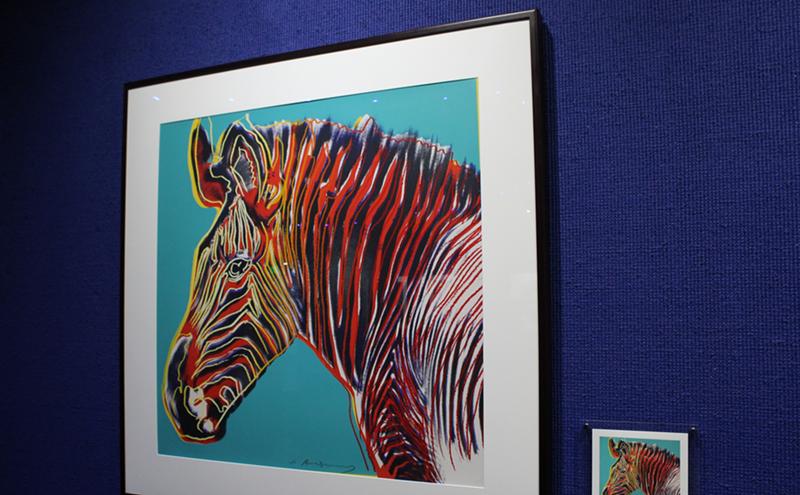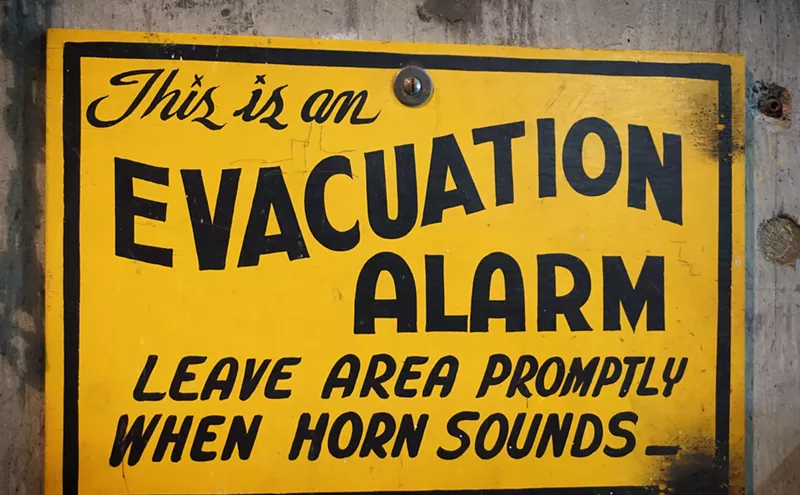Leonard Nimoy has died at the age of 83. Both on camera and off, he exemplified the best of what Star Trek, and thus humanity, could represent.
Part of that was Trek's writing, of course. But it was Nimoy who took what was on the page — often repaired what was on the page — and brought Spock alive, making a half-human, half-Vulcan with pointed ears the most relatable character on the show. Not everyone is a Captain Kirk, or would even want to be, but Nimoy's portrayal of Spock touched on a key human experience: the sometimes unbearable difficulty of having emotions. He brought a truth and an authenticity to the role that kept it from ever descending into camp, no matter what the script called for him to do.
According to the title of his 1975 autobiography, I Am Not Spock, Leonard Nimoy was not Spock. But he also was Spock, according to his 1995 follow-up, I Am Spock, in which he explained that he had meant that he never was not Spock, as such, just that there was more to him than just being Spock, and it was a legacy he had finally come to terms with.
The humanity that Leonard Nimoy embodied is best exemplified by an anecdote familiar to students of 1984's Star Trek III: The Search for Spock, Nimoy's first feature film as a director. He wanted to cast Christopher Lloyd as the Klingon villain Kruge. Lloyd had been working steadily in movies and television for nearly a decade — his first role was in 1975's One Flew Over the Cuckoo's Nest — but the studio was worried that the audience would identify Lloyd too much with burned-out hippie Reverend Jim Ignatowski, his character from the still-popular sitcom Taxi.
Nimoy chuckles as he relates the story in a 2002 interview, but it's also clear that it struck a nerve at the time: "I said [to the studio], I'm not the person you should be talking to about typecasting issues, because I've had my share of those, and I think I've managed to play other characters besides Spock without people saying, 'Oh, he can only do Spock,' so let's not get into that. Christopher Lloyd can do this, and it's going to work."
That's the integrity of Leonard Nimoy: He'd struggled to find a career and identity after being strongly associated with the Spock character, and he wasn't about to pull up the ladder behind him and strand a fellow actor facing those same difficulties. And under Nimoy's direction, Lloyd created a villain that remains underrated in the Trek pantheon, just as Star Trek III remains the most undervalued film in the original series. Nicholas Meyer's Star Trek II: The Wrath of Khan and Nimoy's own Star Trek IV: The Voyage Home are the most popular, but The Search for Spock is the most cinematically and emotionally rich of the three, and that's entirely due to Nimoy behind the camera.
It's the most character-driven of all the Trek films, about the choices the crew makes to help a friend, as well as the sometimes tragic consequences of those choices. Visually, director Nimoy makes greater use of cinematography's potential to create mood than do the prior two installments; where those films were mostly flatly lit, Nimoy remembers the existence of colored gels, and isn't afraid to fill the screen with darkness when emotionally appropriate. Even the sound recording is a vast improvement over the previous film, in which the dialogue occasionally veered into proto-mumblecore territory.
That said, the emotional impact of Spock's death at the end of The Wrath of Khan cannot be denied, and the final line of Admiral Kirk's eulogy is no less heartbreaking now than it was then: "Of my friend, I can only say this: Of all the souls I have encountered in my travels, his was the most ... human." And few have been better examples of what humans can be than Leonard Nimoy.












